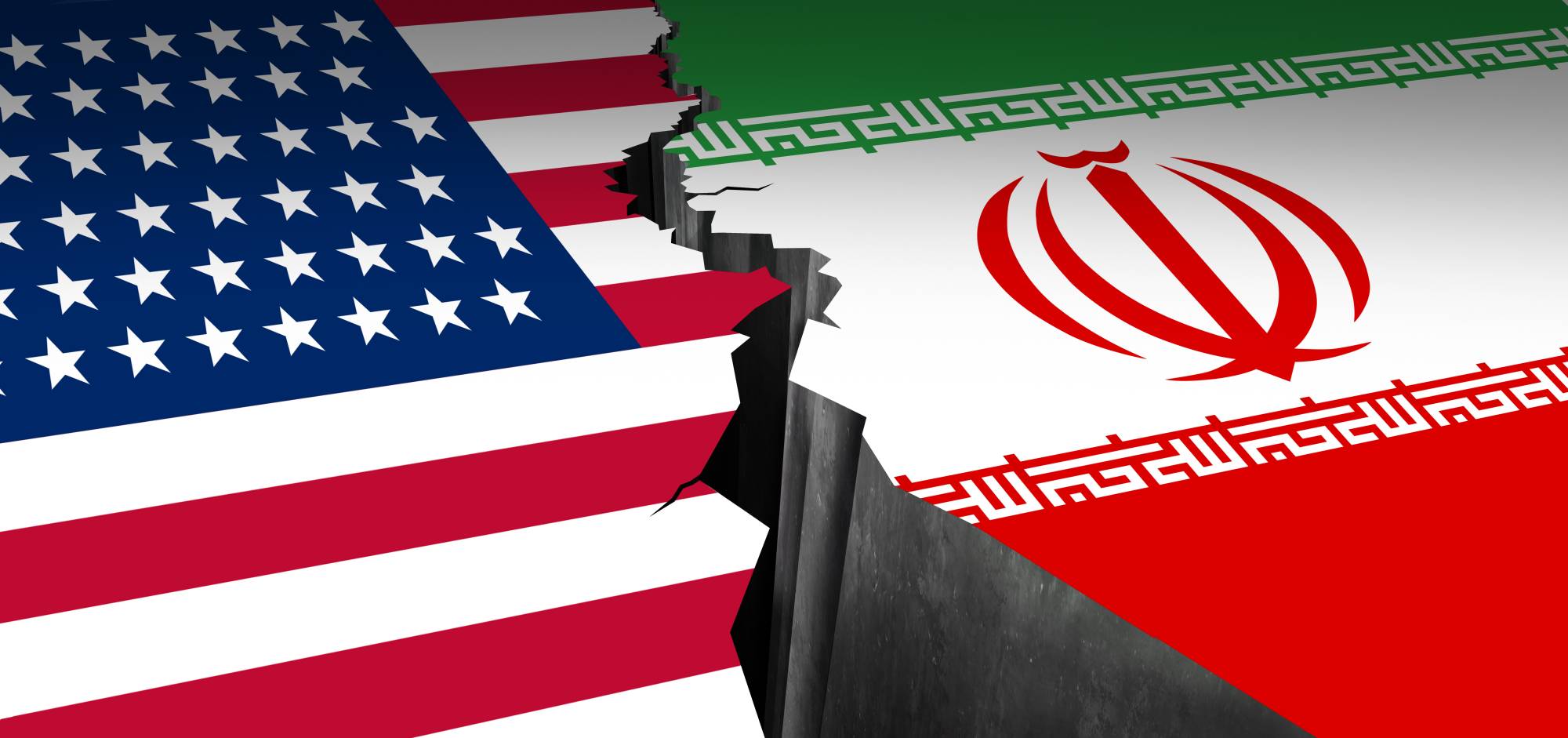Five years ago this month in Vienna, the E3/EU+3 (China, France, Germany, Russia, the United Kingdom and the United States, along with the European Union’s High Representative for Foreign Affairs and Security Policy) and Iran agreed to the Joint Comprehensive Plan of Action (JCPOA). To mark the fifth anniversary of that occasion, we should acknowledge a simple reality: Without this deal, Iran could have developed nuclear weapons by now, adding yet another source of instability to a volatile region.
Today, the JCPOA is under great pressure on multiple fronts. I am convinced that action to preserve it is not just necessary but urgent, for at least two reasons. First, it took more than 12 years for the international community and Iran to bridge their differences and conclude a deal. If the JCPOA is lost, no other comprehensive or effective alternative will be waiting around the corner.
The international community’s concerns about Iran’s nuclear program go way back. Discussions to lay the groundwork for a negotiated solution began in 2003 at the initiative of the French, German and British foreign ministers, and were soon joined by then-EU High Representative for Foreign Affairs Javier Solana. He and his successors, Catherine Ashton and Federica Mogherini — all of whom were supported by the European External Action Service — always kept the door open for a diplomatic solution. And, after many ups and downs, the JCPOA eventually became a reality.


















With your current subscription plan you can comment on stories. However, before writing your first comment, please create a display name in the Profile section of your subscriber account page.